
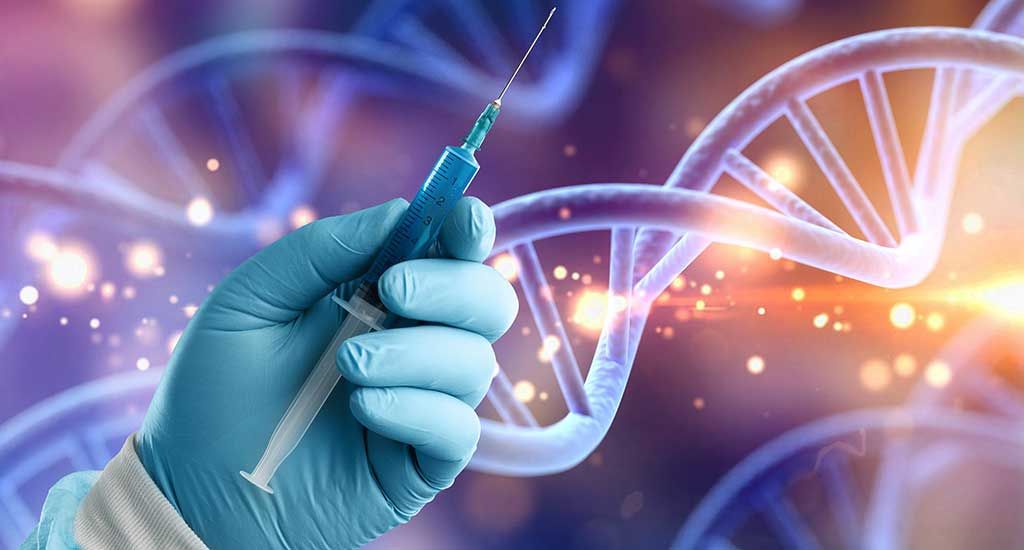
Biomedicine
Research in the field of biomedicine as well as its application is one of the pillars of IMGGE's activities, which has a developed network of cooperation with institutions of the scientific and health system in Serbia and abroad.
In the times to come, the healthcare system becomes personalized, and technologies such as molecular biology and artificial intelligence become integrated, which has already led to great progress in the diagnosis, monitoring and treatment of various human diseases. Seven research groups in IMGGE are directly dedicated to discovering the causes of certain diseases, but also to finding the best solution for each patient through the application of the state-of-the-art technologies.

Cancer
Several research groups conduct investigations aimed at understanding the mechanisms of malignant diseases, improving disease diagnostics and management, and developing novel therapeutic approaches. The reasearch relies on in vitro models (2D and 3D cell cultures and co-cultures) and in vivo models (zebrafish xenograft). Group for Molecular Biomedicine studies molecular genetics of haematological malignancies in children and adults with special attention dedicated to evolution of malignant subclones and the role of non-coding RNAs. Group for Molecular Biology investigates the role of alpha-1 antitrypsin and prothrombine in onset and progression of solid tumors. Group for Human Molecular Genetics studies the molecular mechanisms involved in maintenance of malignant phenotype and the role of the tumor microenvironment in different types of tumors. Group for Muscle Cellular and Molecular Biology investigates molecular players in development and progression of rhabdomyosarcoma. Group for Gene Regulation in Cancer studies the role of alternative gene promoters and non-coding RNAs in solid tumors. Several groups test various synthetic and natural bioactive compounds as antitumor agents.
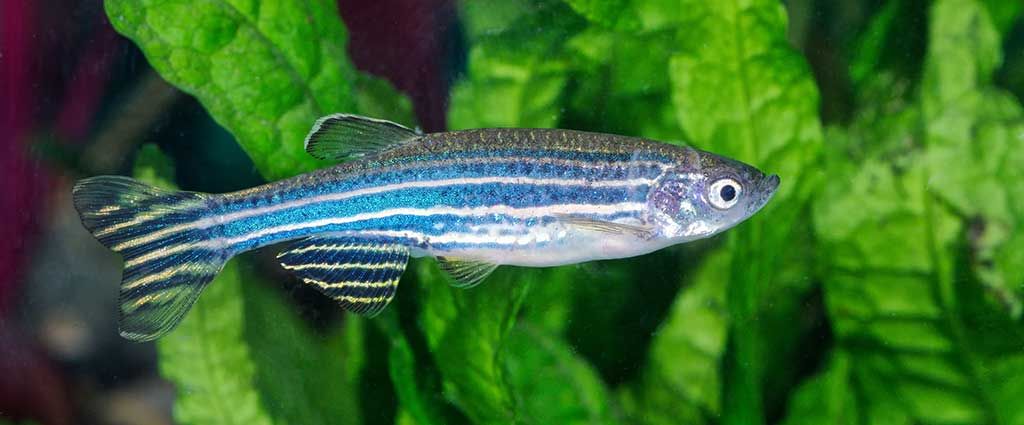
Regenerative biology
Studies in the field of regenerative biology are based on stem cell research and use of zebrafish as a model for tissue and organ regeneration. Group for Rare Disease Research and Therapeutics Development is involved in preclinical studies for use of mesenchymal cells originating from adipose tissue for the treatment of osteoarthritis and Buerger's disease. Group for Molecular Biology investigates the role of alpha-1 antitrypsin in the molecular mechanisms of regeneration and wound healing. Group for Muscle Cellular and Molecular Biology investigates common players and signaling pathways involved in cellular and molecular mechanisms of heart and skeletal muscle recovery from injury.

Pharmacogenomics
Group for Molecular Biomedicine conducts pharmacogenomic and pharmacotranscriptomic studies based on NGS and machine learning to investigate the association of genetic determinants with response to therapy and design predictive panels for leukemias and Crohn's disease.

Personalized medicine
For the research that finds application in personalized medicine, Group for Molecular Biomedicine applies simultaneous analyzes of a large number of markers using next generation sequencing and bioinformatics analysis in order to reveal the molecular basis of the patient's disease. Group for Rare Disease Research and Therapeutics Development is developing model systems for studying innovative personalized therapies for lung and metabolic diseases that are based on small molecules. Group for Molecular Biology studies the influence of genes on the effects of therapy used in the treatment and prevention of cardiovascular and cerebrovascular diseases. Part of the research is ongoing under Horizon Europe project InnoThyroGen.
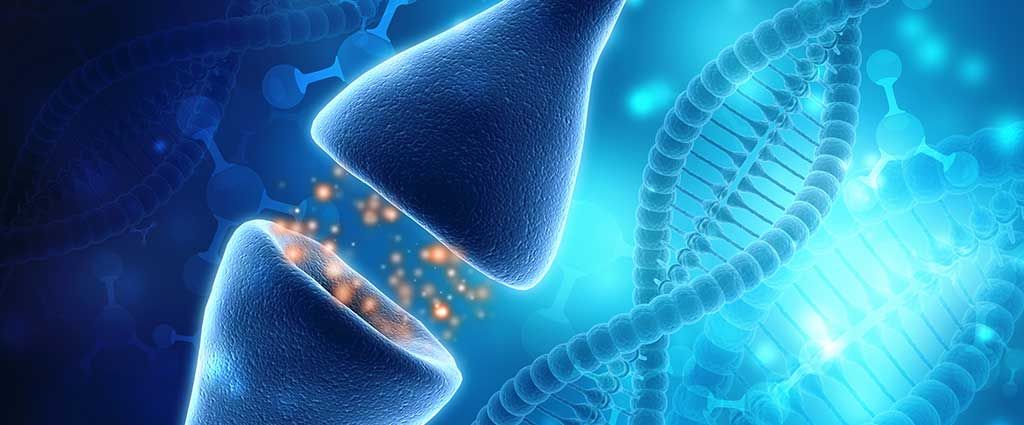
Complex diseases
Group for Molecular Biology studies the molecular mechanisms underlying cardiovascular and pulmonary diseases by examining various cellular processes, such as coagulation, inflammation, oxidative stress, intercellular matrix maintenance and proteostasis. Part of the research is ongoing under Horizon Europe project ZeNCure.
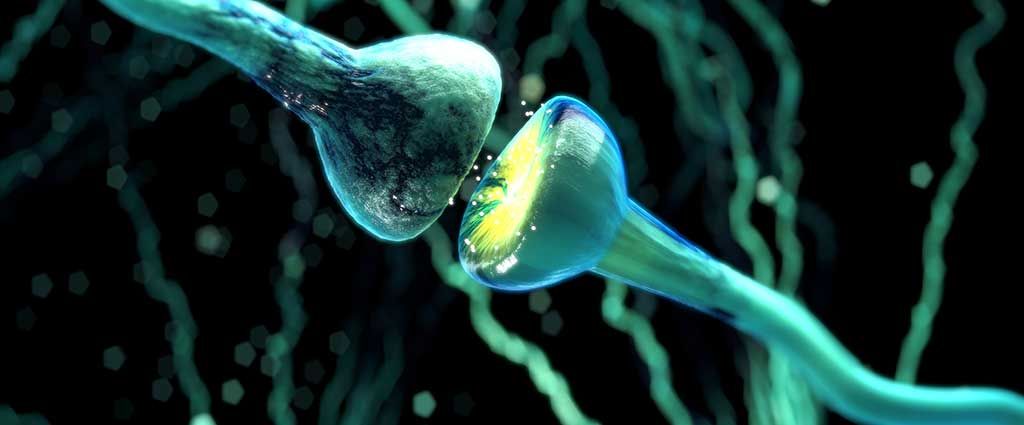
Molecular neurosciences
Group for Human Molecular Genetics studies the molecular mechanisms underlying neurodevelopmental disorders, neurodegenerative diseases, traumatic brain injuries, cerebral ischemia, and brain tumors by modulating expression of selected genes and miRNAs and using patient-and disease-specific induced pluripotent stem cells, brain organoids and permanent cell lines.
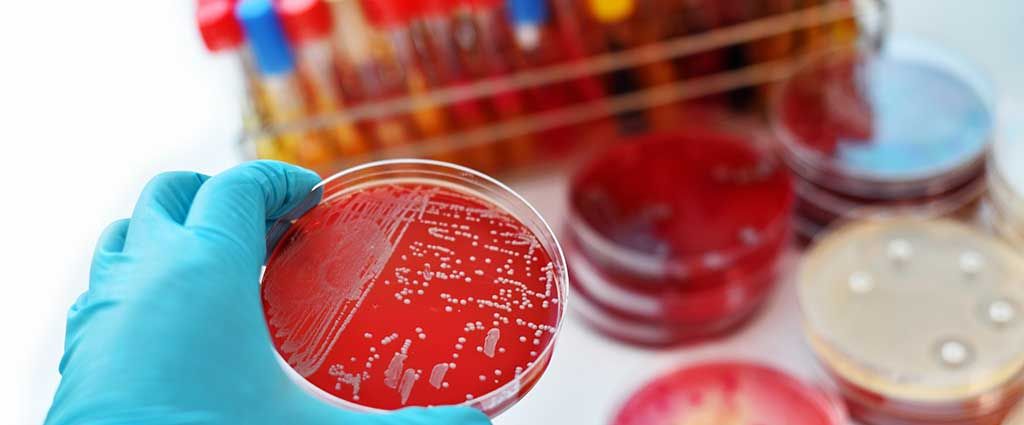
Bacteria and health
Research in the microbiology field through the lens of health is focused on study of impact bacteria have on the development of specific diseases, as well as the applicative potential of bacteria and their products for disease treatment. Group for Molecular Biology investigates molecular mechanisms underlying interaction of lung cells with commensals in chronic inflammatory lung diseases. Group for Molecular Microbiology aims to discover novel mechanisms of antimicrobial resistance and virulence factors in pathogens, novel strains that produce antimicrobial molecules and novel lytic bacteriophages in order to overcome multidrug resistance in pathogens. Group for Probiotics and Microbiota-Host Interaction studies involvement of microbiota in neurodevelopmental diseases, autoimmune diseases and aging, the effect of its composition on immunotherapy efficacy, and mechanisms of action of lactic acid bacteria and their products in order to develop probiotic and postbiotic therapies.

Rare diseases
Group for Molecular Biomedicine and Group for Rare Disease Research and Therapeutics Development study molecular markers important for diagnosis, prognosis and therapy as well as gene-modifiers in selected rare diseases: monogenic diseases, metabolic diseases, inflammatory bowel diseases, hematological malignancies, rare pulmonary, rheumatological, vascular and otological diseases, rare malignant diseases, rare infectious diseases. Part of the research is ongoing under Horizon Europe projects BETTER, BRIDGING-RD and ERDERA.


